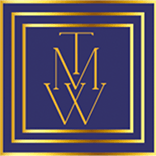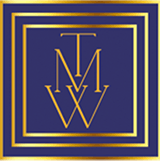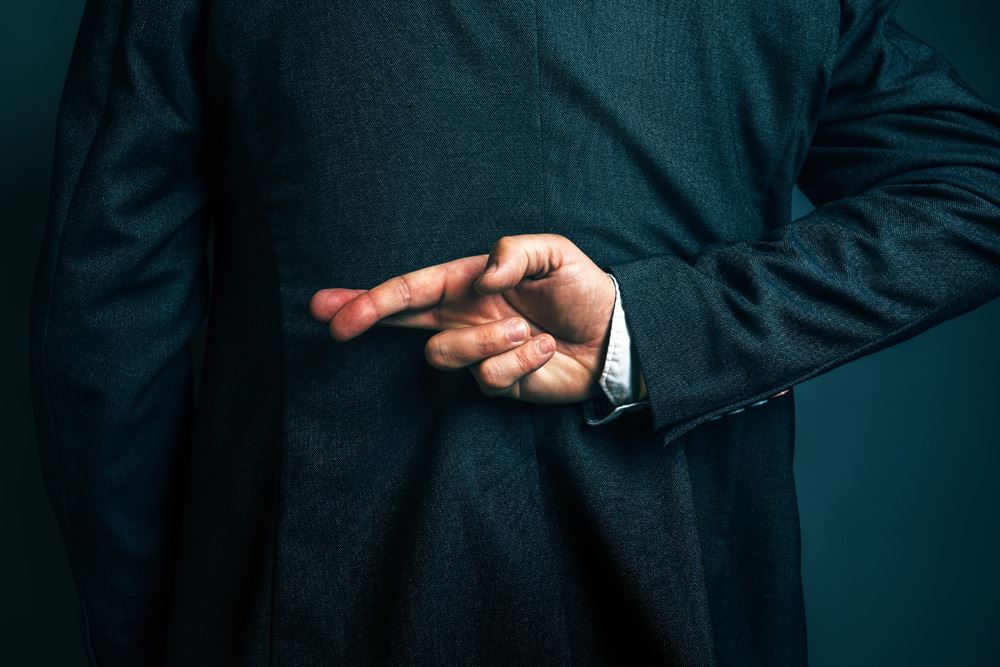Do you know what conduct is prohibited under SC’s forgery laws?
What is a forgery, exactly?
If you sign someone’s name to a document without their permission, that is forgery. Most people know that, but many people don’t know that SC’s forgery laws cover much more than just fake signatures.
Below, we will go over the basics of SC’s forgery laws, including:
- How SC’s forgery laws define the crime,
- Unexpected ways you can be arrested and convicted for forgery,
- Examples of forgery in SC, and
- The penalties for forgery.
SC Forgery Laws: How is Forgery Defined?
Forgery sounds very cut and dry, but there are actually several charges that fall under the category. Find out about the most common ones below.
Forgery Laws in SC: The Charges
SC’s forgery law is found in SC Code § 16-13-10, which makes it a crime to 1) create a false document, 2) publish or use a false document, 3) create or make changes to a record or land plat, or 4) help someone else create or use a false document or create or make changes to a record or land plat.
Falsely Making an Instrument of Writing
16-13-10(A)(1) makes it a crime to “falsely make, forge, or counterfeit; cause or procure to be falsely made, forged, or counterfeited; or wilfully act or assist in the false making, forging, or counterfeiting of any writing or instrument of writing.”
Although a fake signature on a document may qualify, SC’s forgery laws are much broader than that, including falsely making, forging, or counterfeiting any writing or instrument of writing. “Writing or instrument of writing” is just about as broad as you can get and covers just about any document you can imagine.
It’s not just a crime to make, forge, or counterfeit a writing or instrument of writing – it’s also a crime under SC’s forgery laws to willfully help someone else make, forge, or counterfeit a writing or instrument of writing.
Falsely Making or Altering a Court Record or Plat of Land
16-13-10(A)(3) extends the definition of forgery to land plats, making it a crime to “falsely make, forge, counterfeit, alter, change, deface, or erase; or cause or procure to be falsely made, forged, counterfeited, altered, changed, defaced, or erased any record or plat of land.”
This is even broader than (A)(1)’s definition, making it a crime to “falsely make, forge, or counterfeit” a record or plat of land, but also making it a crime to “alter, change, deface, or erase” a record or plat of land.
It is forgery to create a false writing or instrument of writing, but, if it is a record or plat of land, it is also forgery to make changes to the record or land plat.
There is one more charge that applies to land plats or records – it is also forgery to “cause or procure” someone else to falsely make or alter a land plat.
Publishing as True
For writings and instruments of writing, even if you did not create the document or help someone to create the document, 16-13-10(A)(2) makes it a crime to “utter or publish as true any false, forged, or counterfeited writing or instrument of writing.
If you take a document that someone else forged and publish the document – or just present it to someone, like a forged check for payment, you could be arrested and convicted under SC’s forgery laws.
Willingly Assisting
16-13-10(A)(4) makes it a crime to “willingly act or assist in any of the premises, with an intention to defraud any person.”
Whether someone is creating a forged writing, making changes to a land plat, or just publishing or using a forged document, you can be convicted of forgery if you 1) willingly act or assist the person 2) with an intention to defraud any person.
Examples of Forgery
Examples of conduct that could be a crime under SC’s forgery laws include:
- Signing someone else’s check without permission,
- Presenting a forged check for payment, even if you did not create the document,
- Helping someone else use a forged check for payment if you do it willingly and with an intention to defraud someone,
- Recording your own community service hours and then signing a supervisor’s name to the document,
- Making changes to the boundaries on a plat map at the register of deed’s office,
- Creating a fake contract for goods or services, or
- Creating a fake diploma for a university degree.
Forgery Laws in SC: Potential Penalties
What are the penalties for forgery?
It depends on the dollar value of the relevant document – if there is no dollar value (a university diploma or forged community service hours, for example), the crime is a misdemeanor although it carries up to three years in prison.
If there is a financial component to the alleged forgery (a forged check or promissory note, for example), it becomes a felony punishable by up to five years if the dollar value is less than $10,000 or up to ten years if the dollar value is greater than $10,000.
| Dollar Value of Forgery | Felony or Misdemeanor | Prison Time |
| No dollar value | Misdemeanor | Three years |
| Less than $10,000 | Felony | Five years |
| $10,000 or more | Felony | Ten years |
Questions About Forgery Laws in SC?
If you have been charged with forgery in SC, you may have defenses to the allegation, and you may have options that allow you to avoid trial and a conviction.
Contact the SC criminal defense attorneys at Templeton, Mims & Ward at (843) 891-6100 or by sending us an email through our website to set up a consultation and find out how we can help.


